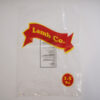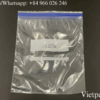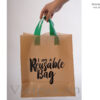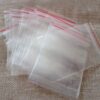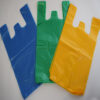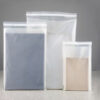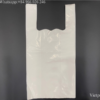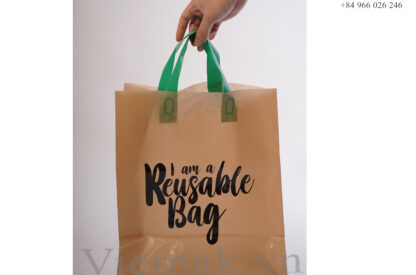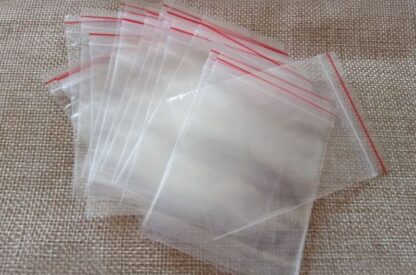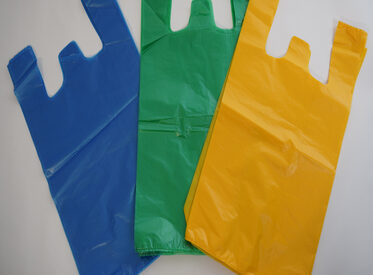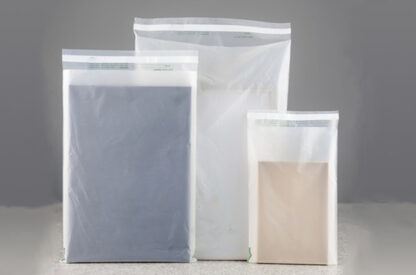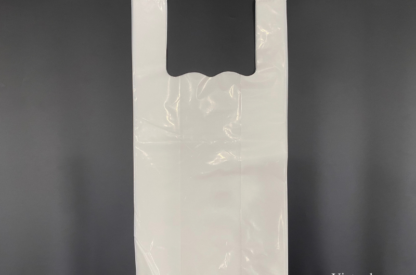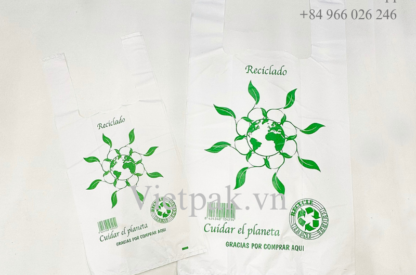Can We Store Food in Plastic Produce Bags on Roll?
Plastic produce bags on a roll are one of the options that are frequently employed when it comes to storing food. These bags, which can be easily used to package fruits, vegetables, and other produce items, are frequently seen in grocery stores. But the question remains: Can we store food in these plastic produce bags on a roll in a secure manner? We will examine the benefits, drawbacks, and issues related to using plastic produce bags for food storage in this article.
Plastic Produce Bags on Roll: Definition and Purpose
Contents
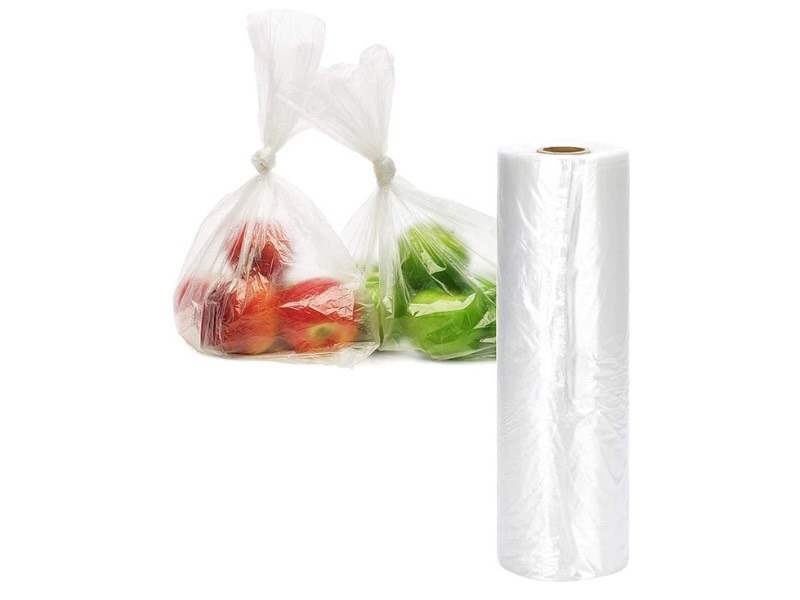
Plastic produce bags on roll are thin, transparent bags made of high-density polyethylene (HDPE) or low-density polyethylene (LDPE). They are perforated and rolled onto a core for easy dispensing. These bags serve the purpose of creating a protective barrier for fresh produce. Therefore, they help to maintain its quality and extend its shelf life.
Advantages of Plastic Produce Bags on Roll
For storing food, plastic produce bags on rolls have a number of benefits. The freshness of fruits and vegetables is firstly maintained by them because they form a barrier against moisture and air. Both consumers and retailers will find it convenient that the transparent design makes it simple to identify the contents. These bags are also small and light, taking up little room when storing or transporting groceries. Additionally, they are inexpensive and widely accessible.
Drawbacks of Plastic Produce Bags on Roll
Plastic produce bags on rolls do have some disadvantages, though, that need to be taken into account. Their effect on the environment is one of the main issues. Plastic bags create waste from plastic and take a long time to break down. Environmental damage and pollution can result from improper disposal. In particular with acidic or hot items, there are worries about potential chemical transfer from the plastic to the stored food. It is crucial to be aware of these shortcomings and look into substitute options for environmentally friendly food storage.
Food Storage Considerations: Evaluating the Suitability of Plastic Produce Bags on Roll
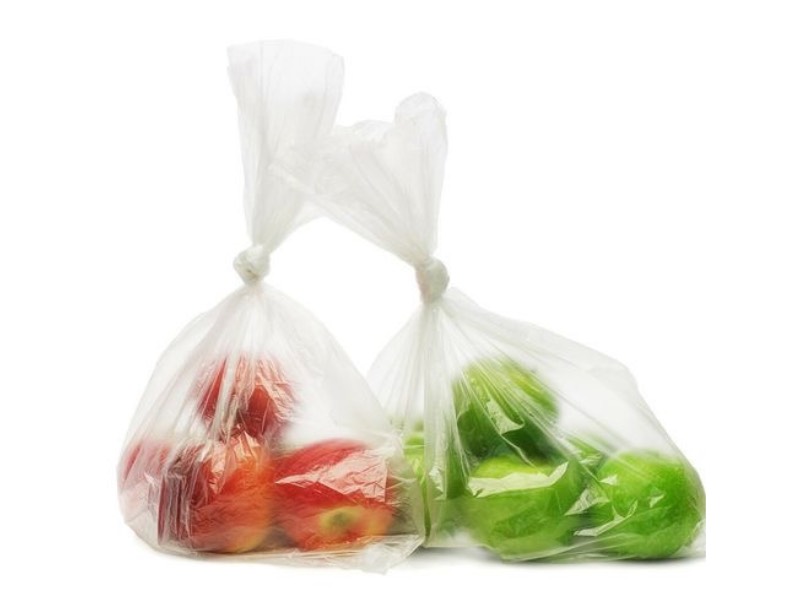
Safety and Hygiene Aspects
The two most important factors when it comes to food storage are safety and hygiene. In order to prevent cross-contamination and keep the stored food free of contaminants, plastic produce bags on a roll provide some level of security. Nevertheless, it is essential to make sure the bags are made of food-grade materials and are free of dangerous elements that might potentially contaminate the food. Additionally, it’s crucial to avoid storing perishable items for extended periods of time and to handle the bags with clean hands.
Shelf Life and Freshness Preservation
Keeping fruits and vegetables fresh and extending their shelf life are two of the main goals of using plastic produce bags on rolls. By forming a barrier between air and moisture, these bags reduce the amount of time that produce is exposed to elements outside that could hasten deterioration. It is crucial to remember that some fruits and vegetables might need particular storage conditions. To stop wilting, some produce items, like leafy greens, may benefit from additional moisture control or ventilation. Maximizing the shelf life of different produce items can be accomplished by being aware of their ideal storage needs.
Versatility and Convenience
Rolls of plastic produce bags are convenient and adaptable for storing food. It is simple to portion and store various quantities of product. This is thanks to the perforations that make it possible to easily separate and separate individual bags. Since the bags’ transparency makes it easy to quickly identify their contents, retrieving items from storage takes less time and effort. These bags are suitable for both home use and on-the-go activities like packing lunches or picnics thanks to their lightweight and portable design. Their versatility is further enhanced by the fact that they are available in a range of sizes to accommodate various product types and quantities.
People can use these factors to inform their decisions about whether to use plastic produce bags on rolls for food storage. It is crucial to consider the convenience and adaptability they offer, as well as the safety and hygienic aspects, the impact on freshness and shelf life. Additionally, while still ensuring efficient food storage techniques, looking into sustainable alternatives can help reduce the impact on the environment.
Best Practices for Using Plastic Produce Bags on Roll for Food Storage
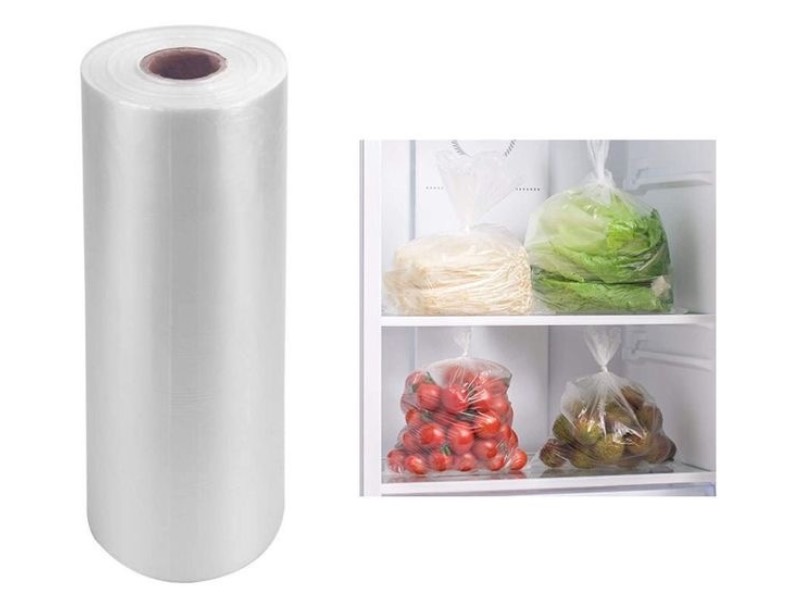
Proper Cleaning and Disinfection
Plastic produce bags on a roll must be thoroughly cleaned and sanitized before each use in order to maintain food safety. To get rid of any dirt or residue, thoroughly rinse the bags in warm, soapy water. To get rid of bacteria and other contaminants, think about using a disinfectant solution approved for use on food. Before storing the bags or using them for fresh produce, let them completely air dry. The growth of harmful bacteria can be stopped by routine cleaning and disinfection, which also guarantees the bags are suitable for storing food.
Appropriate Food Selection
It’s crucial to select the proper foods when storing food in plastic produce bags on a roll. Fruits, vegetables, and herbs can all be stored in these bags with ease. However, it is crucial to take into account the unique storage needs of various produce items. The ethylene gas that some fruits may release has the ability to quicken the ripening of other fruits and vegetables. It is recommended to store ethylene-producing fruits separately or to use products designed to absorb ethylene to prevent early spoilage. Additionally, keep damaged or overripe produce away from storage because they may spoil quickly and degrade the quality of other foods.
Read also: Should Vegetables be Kept in Plastic Bags?
Correct Storage Techniques
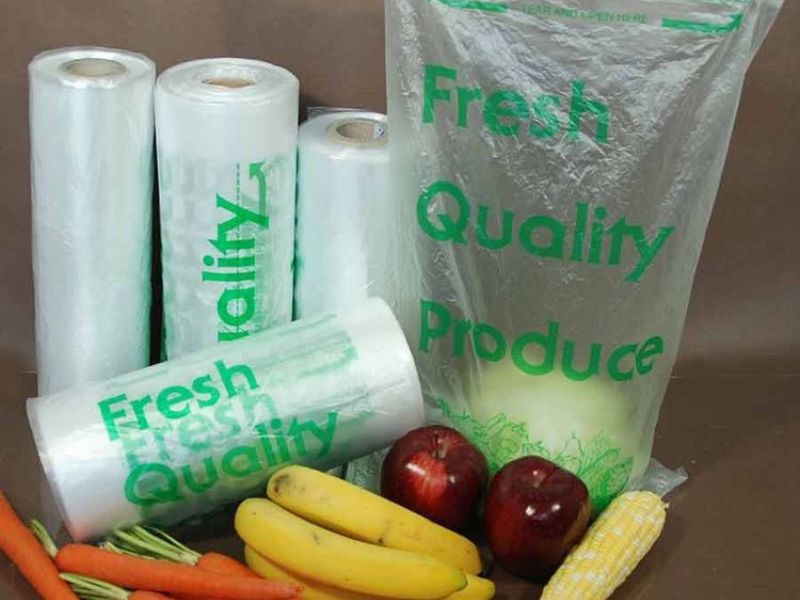
Food stored in plastic produce bags on rolls can be kept fresh and long-lasting by using the right storage methods. Think about the following suggestions:
- Perishable produce should be kept in the refrigerator at the appropriate humidity and temperature levels. Make sure to properly separate fruits and vegetables based on their needs as some have specific temperature requirements.
- Avoid stuffing the bags too tightly because this can limit airflow and cause moisture to accumulate, which can encourage spoilage. Allow space between objects to promote airflow.
- When storing produce, use the first-in, first-out (FIFO) strategy. To reduce waste, eat food that is closer to its expiration or ripening dates first.
- Check the product that is being stored frequently for deterioration or spoilage. To avoid contaminating other produce, remove any harmed items as soon as possible.
Individuals can maximize the use of plastic produce bags on roll for food storage by adhering to these best practices, ensuring food safety, and extending the shelf life of their fresh produce.
For storing fruits, vegetables, and other produce items, plastic produce bags on a roll may be a practical choice. They have benefits like transparency, affordability, and protection from moisture and air. However, it is crucial to be aware of their potential negative effects on the environment. We can work to store our food in a way that is both practical and environmentally friendly by adhering to best practices, taking into account alternative packaging options, and making educated decisions.
LEADING MANUFACTURER
We are a premier plastic bag manufacturer based in Vietnam. Our dedicated team excels in crafting customized packaging solutions to precisely meet the needs of all customers
QUALITY CONTROL
We have a strict quality control system. Our bags are inspected before production, during production, and prior to loading into containers. Our priority is to minimize every defective goods before shipping to our customers
AMAZING SERVICE
Our enthusiastic customer service team always strives to respond to your emails as promptly as possible. We take pride in our ability to consistently deliver high-quality products on time, every time.


